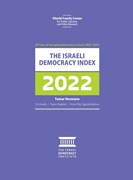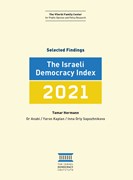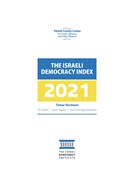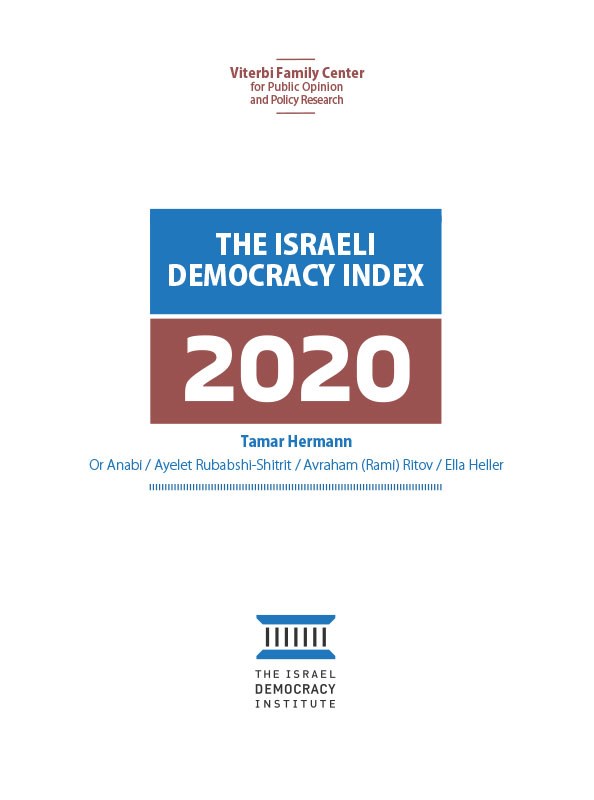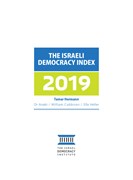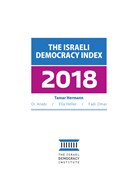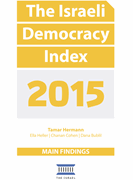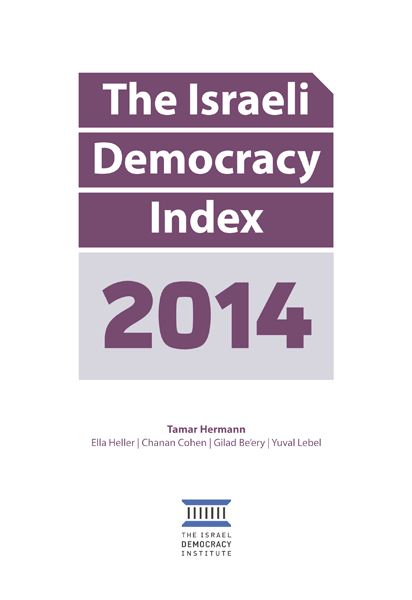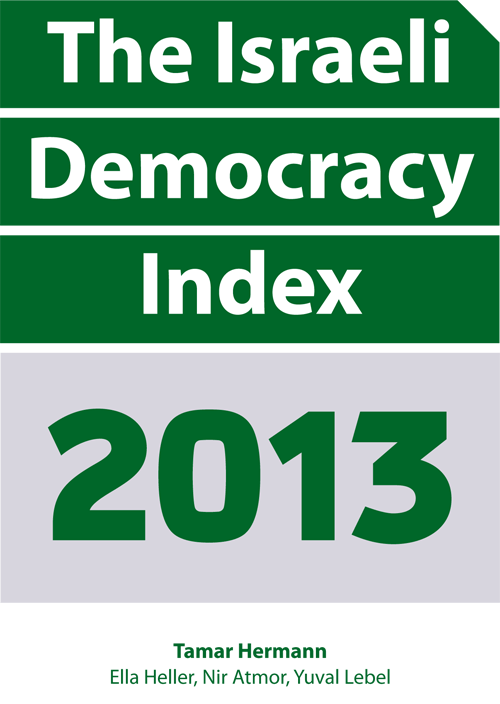

Publications Regarding Israeli Democracy Index
Articles
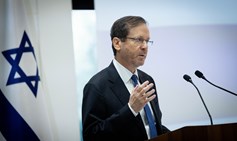
Despite the Criticism, the Public’s Confidence in the President of Israel Has Increased—Evidence of a Yearning for Nonpartisanship in a Tumultuous Time
Written By: Dr. Dana Blander
What has produced the rise in the President’s confidence rating? One explanation is the public’s yearning for nonpartisanship in a time of crisis.
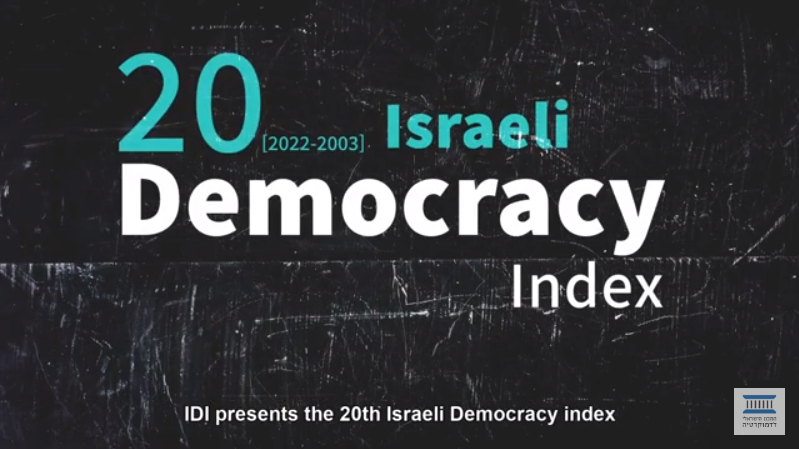
The 20th Israeli Democracy Index of the Israel Democracy Institute
Key Findings
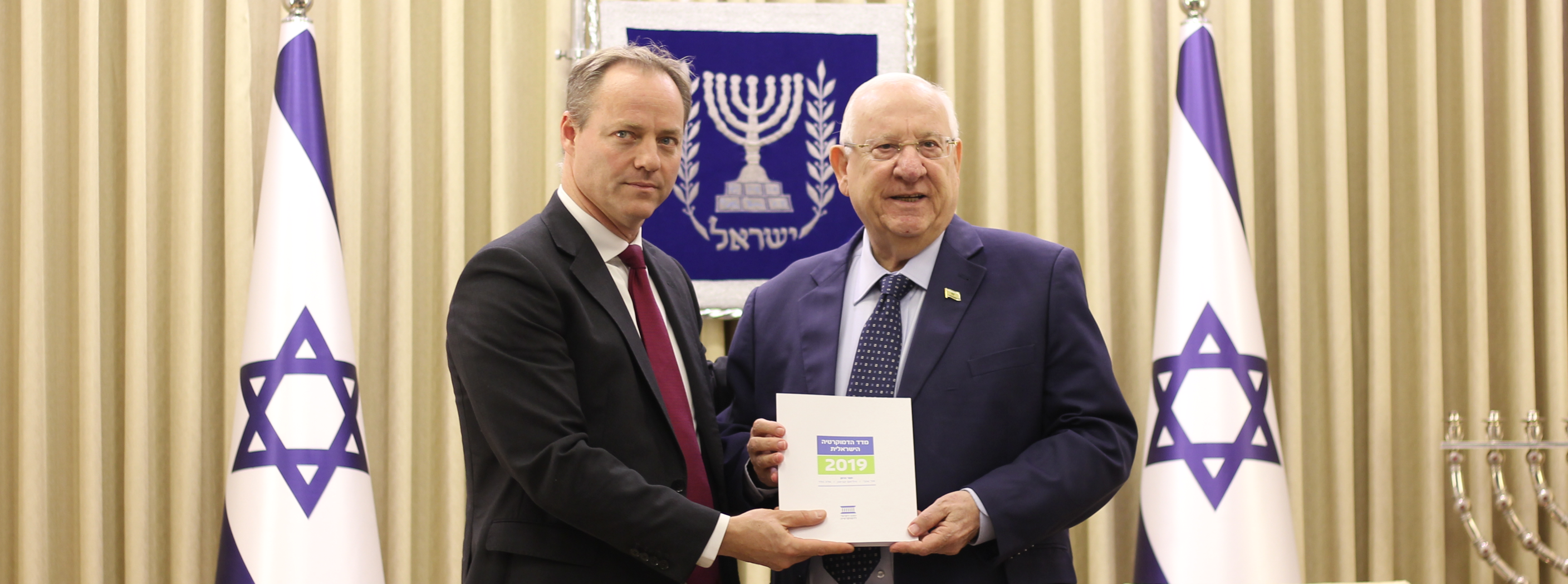
IDI Releases 2019 Democracy Index
Written By: Prof. Tamar Hermann, Dr. Or Anabi, Dr. William Cubbison, Ella Heller
50% of Israelis Believe that the State of the Country is 'Good'. Conversely: 58% of Israelis Believe that Their Leadership is Corrupt and 59% of Israelis Think that Supreme Court Judges’ Rulings are Politically Biased
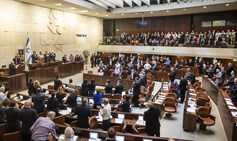
Democracy: Rule of the People?
Written By: Prof. Yuval Shany
The recent wave of populism forces us to sharpen our understanding of the literal meaning of 'democracy' and 'the rule of the people' as well as the accepted definition of liberal democracy

Israel at 71
Written By: Dr. William Cubbison
On May 9th Israel will celebrate Independence Day, the 71st anniversary of the founding of the State of Israel. What do Israelis think about the state of the country at the age of 71?

An Uphill Start
Written By: Dr. Tehilla Shwartz Altshuler
In 2016, Israelis’ trust in the mass media reached an all-time low. But the decline seems to have bottomed out then; the increase in trust registered in 2017 has continued this year and reached 31%. This is still low as compared to many other institutions, but is all the same an improvement.

Cautious Optimism for the Established Media
Written By: Dr. Tehilla Shwartz Altshuler
Trust in Israeli media is on the rise, and that's a valuable lifeline to those whose job it is to keep the public informed.

Keep Politics Out of Corruption!
Written By: Prof. Yuval Feldman
Supporters of this government show increasing tolerance for graft, and this is a red flag for the rule of law in Israel.
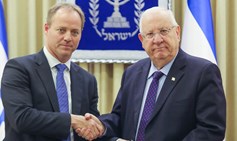
Is Israeli Democracy in Danger – Interview with Yohanan Plesner
Why do nearly half of Israelis believe that their political leadership is corrupt and that their democracy is in danger? Gil Hoffman interviews Israel Democracy Institute President Yohanan Plesner, on the findings of the 2018 Israeli Democracy Index
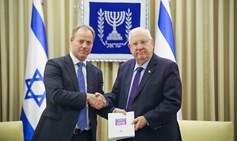
Presentation of the Israeli Democracy Index to the President of Israel
Written By: Yohanan Plesner
"Our central mission—and we see you as a partner in this—is to strengthen Israel’s democratic core in the spirit of the Declaration of Independence" says Yohanan Plesner in his address to President Reuven Rivlin.
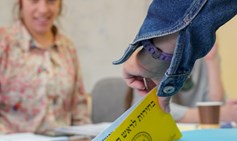
Local Government and Local Elections: Time to Move Away from Centralized Thinking
Written By: Prof. Gideon Rahat
Israel’s system of local elections has been in place since the 1970s - but is it optimal? Prof. Gideon Rahat proposes reform to enhance the compatibility of the system to the characteristics and needs of different localities.
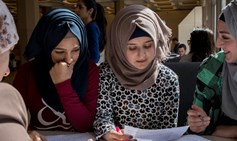
Involving Arabs in political decision-making is right in principle and vital for Israel’s social cohesion
Written By: Dr. Nasreen Haddad Haj-Yahya
The majority of the Arab public want to be included in the State’s decision-making processes, and support Arab ministers serving in the government.

Is Israeli Society Frail Or Flourishing?
Written By: Prof. Yedidia Z. Stern
Is Israeli democracy weak, fragile and on the brink of collapse, or is it robust, stable and resilient?

Is Israeli Society Falling Apart?
Written By: Prof. Yedidia Z. Stern
The 2016 Israeli Democracy Index, which was published last week by the Israel Democracy Institute, reveals that our Israeli society is generally strong, optimistic, united and confident.

IDI Statement in Honor of International Day of Democracy
Israeli democracy is dealing with complicated challenges, but we are in a good place in comparison to other countries around the world
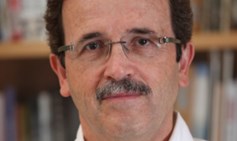
Surprised? Meet Israel’s New political Center
Written By: Prof. Yedidia Z. Stern
Although one need not agree with the positions held by Israel’s Arab citizens, it can’t be denied that they constitute an independent, moderate voice – and a promising political middle ground on the Palestine- Israeli conflict. This article first appeared in The Jerusalem Post.
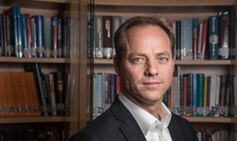
No Way to Run a Democracy
Written By: Yohanan Plesner
IDI President Yohanan Plesner argues that electoral reform will not suffice to fix the short-term-ism that is destroying Israel's capacity for long-term planning and policy execution; reform of the internal processes of the parties themselves is required. This op-ed first appeared in the Jerusalem Report.

Peace Index Poll: 1/3 Of Jews Say Jewish Terrorists Should Be Handled Differently Than Palestinian Terrorists
The index, polled between Dec. 29 and 30, 2015 – before the Jan. 1 Tel Aviv terror attack and before the indictments against the Jewish suspects were handed down – focuses on the Israeli public’s positions on aspects of the efforts to prevent terror attacks and on issues in the background of these incidents, such as the current level of support for the two-states-for-two-peoples solution, the relative bond to the land among Jews and Palestinians, and the balance between Israel’s Jewish and democratic components.

Are we experiencing a third Intifada?
Other finding: image of present Knesset members is, in the vernacular, "lousy"

Despite reported tensions, discrimination and intolerance, Israelis say their personal situations are good
The Israeli Democracy Institute (IDI) released the Israeli Democracy Index 2015 on Nov. 10, 2015. This year's public opinion poll, a project conducted by the Guttman Center for Surveys, found that Israeli's are more content than the news reports might make them appear.

Latest Peace Index: Israelis Are "Tense But Not Hysterical"
This month's peace index survey focused on the ongoing wave of terror attacks and how they are affecting the feelings and behaviors of the Israeli public. Overall, the study found a Jewish public that is tense but not hysterical.

The IDF’s Fighting Ethos in the Wake of Operation Protective Edge
Written By: Yohanan Plesner
IDI President Yohanan Plesner stresses the need to ensure that the Israel Defense Forces remains at the heart of the Zionist consensus so as to enable it to continue to be the army of all citizens of Israel.
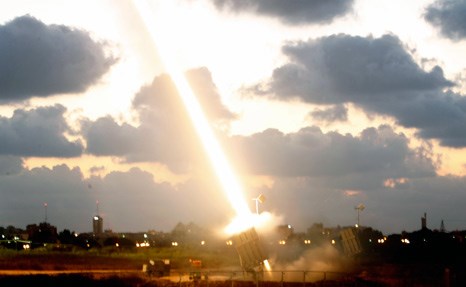
A Social Iron Dome for Jewish-Arab Relations
Written By: Prof. Yedidia Z. Stern
In an op-ed in <em>Yedioth Ahronoth</em>, Prof. Yedidia Stern warns that the Iron Dome could not protect Israel from hatred between Jewish and Arab citizens, and stresses the need for both sides to use imaginative empathy to mend the fabric of Israel's shared society.?

July 2014 Peace Index
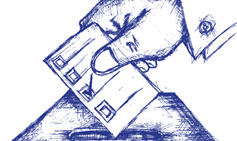
Basic Law: Referendum—Changing the Rules of the Game of Israeli Democracy
Written By: Dr. Dana Blander
Dr. Dana Blander draws on the findings of Israeli public opinion polls and explores some of the ramifications of the new Basic Law: Referendum, a law that establishes a system in which every citizen is entitled to participate in historic decisions on withdrawal from territory.

AIPAC Lay Leadership Institute Class briefing
IDI hosted the first ever AIPAC Lay Leadership Institute Class for a briefing on "Israeli Democracy in Action."
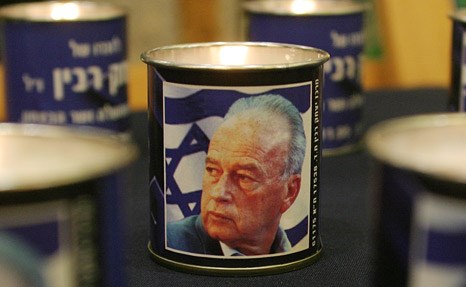
Remembering Rabin: Attitudes toward Political Violence in Israel 2013
Written By: IDI Website Staff
How do Israelis feel about political violence today, 18 years after the assassination of Prime Minister Yitzhak Rabin? As Israel commemorates Rabin Memorial Day, consider the following findings of the 2013 Israeli Democracy Index.
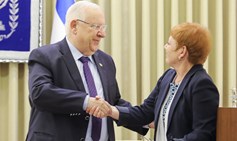
Democracy in Crisis? Israeli Survey Respondents Agree to Disagree
Written By: Prof. Tamar Hermann
Israel's 2018 Democracy Index, an annual survey of the health of Israeli democracy, shows off the deepest contradictions in Israeli life. Prof. Tamar Hermann explains why half the country thinks democracy is endangered but half do not, why the left-right divide is now seen as the most threatening division in Israeli society, but the number of Israeli Jews who think things are going well has been rising for over a decade






